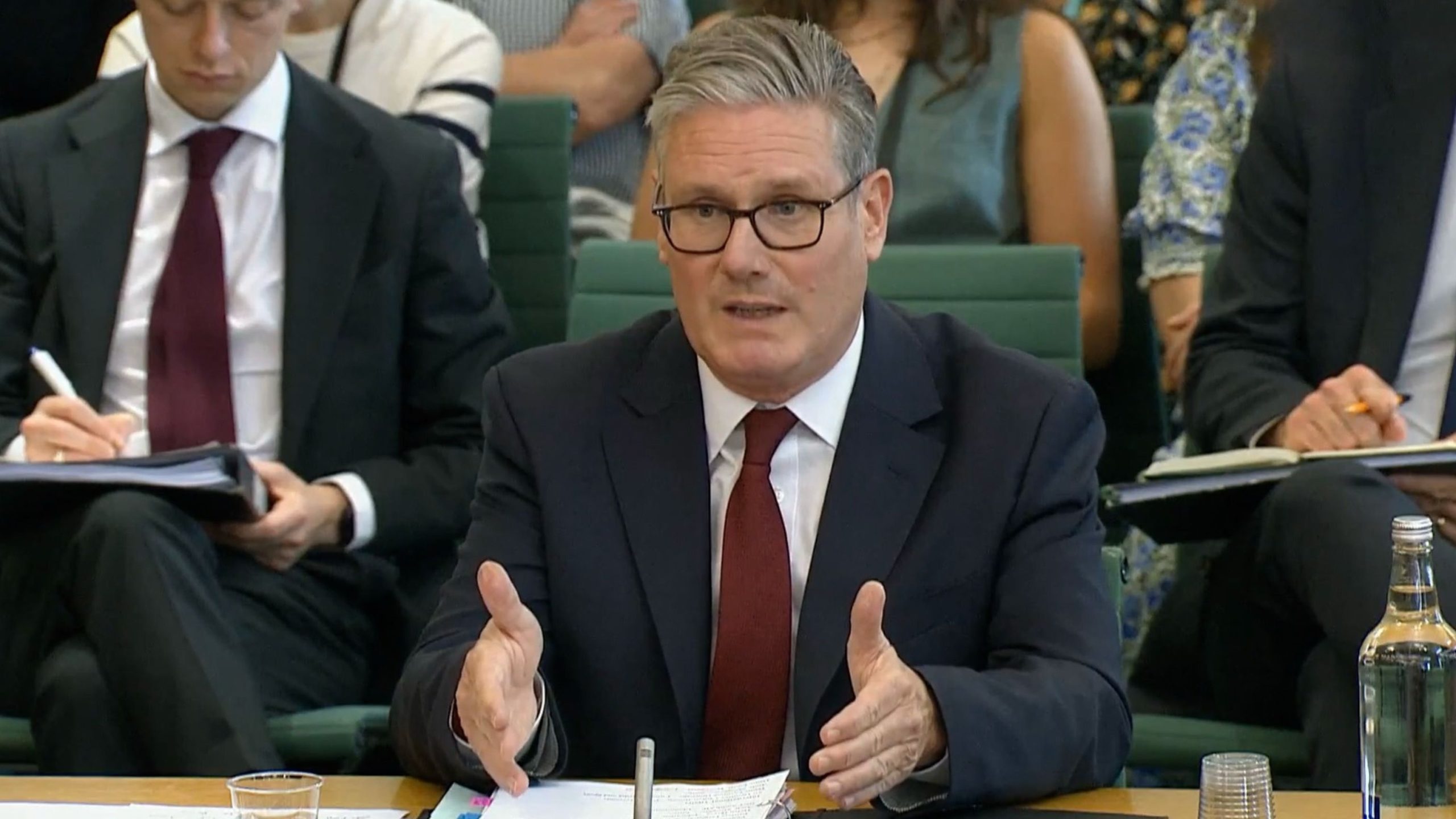If you’re in the UK and you’ve ever dared to type a mildly spicy opinion about immigration into the vast and idiotic circus that is social media, you might now be under surveillance by a shiny new government outfit with a name so Orwellian it sounds like it was cooked up during a slow afternoon in North Korea’s Ministry of Truth.
The UK has officially launched a National Internet Intelligence Investigations team, a title that manages to be both comically vague and terrifyingly specific.
This is the stuff that authors of dystopian novels have been warning people about for decades.
The Frankenstein of a task force, stitched together from officers across the country and headquartered in Westminster’s National Police Coordination Centre, has been given the noble mission of snooping through your posts, likes, and digital mutterings for any whiff of “anti-migrant sentiment.”
The government has decided that free thought is a public safety risk.
Gone are the days when bobbies on the beat focussed on burglaries, stabbings, or the occasional drunken scuffle. Now, they’ve been upgraded, or rather, downloaded, into an era where your keyboard is the weapon and your opinion the crime.
The Home Office insists this is all very necessary. According to a leaked letter, the Telegraph obtained, from Dame Diana Johnson, Policing Minister and part-time press-release poet, the squad will focus on “exploiting internet intelligence” to help local police forces anticipate unrest.
“Exploit.” Not “monitor,” not “observe,” but exploit.
It’s all part of a grand, techno-utopian fantasy where public order is maintained not by policing actual crimes, but by interpreting emojis and out-of-context Facebook posts.
Supporters of this initiative are quick to remind us that tensions are rising over immigration. Protests have flared up from Norwich to Bournemouth, with citizens wondering why their local hotels now resemble temporary refugee camps paid for with their tax funds.
Many Brits are asking uncomfortable questions, questions that the current government would apparently prefer whispered, if not deleted altogether.
Which brings us neatly to the absurd theatre of this whole operation: the idea that public discontent can be managed not by addressing policy failures, but by stalking Instagram stories and dispatching undercover agents to Nextdoor forums.
Essex Police actually sent officers to the home of journalist Allison Pearson over something she posted online. Meanwhile, a mother named Lucy Connolly received a prison sentence longer than some violent offenders after sharing a message deemed offensive following the Southport attacks.
Naturally, the political opposition is smelling blood. Shadow Home Secretary Chris Philp has weighed in.
“Two-tier Keir can’t police the streets,” he fumed, “so he’s trying to police opinions instead.”
He’s not wrong. This isn’t law enforcement; it’s law enforcement theatre, a stage production in which your tweets are the script and the cops are the critics.
Nigel Farage, Reform Party leader, ever the populist thundercloud, put it in even starker terms: “This is the beginning of the state controlling free speech. It is sinister, dangerous, and must be fought.”
Let’s rewind for a moment. During the pandemic, the government rolled out “disinformation teams” that quietly monitored online content and flagged anything that strayed too far from the Approved Messaging Bible. They assured people it was for their safety. They always do.
Now, in what appears to be the spiritual sequel to that damp squib of a policy, we’re being served a reheated version, garnished with civil unrest panic and a dash of woke paranoia. And it arrives just as the Online Safety Act lumbers into force, a lumbering beast of a bill that seems hellbent on turning the UK into a digital kindergarten, where only soft voices and pre-approved opinions are allowed.
The Free Speech Union has already sounded the alarm after users discovered protest videos involving asylum hotels were mysteriously unavailable in the UK. Not removed by the platform. Not censored by other users. Just: poof, gone, as if reality itself had been deemed problematic.
Where does this all end? Are we one government memo away from officers arresting people for sarcastic memes? Will sarcasm itself soon be listed as a hate crime?
Here’s the uncomfortable truth: a state that polices speech will eventually police thought. And a government that fears its people’s opinions is a government that knows it has failed them.










